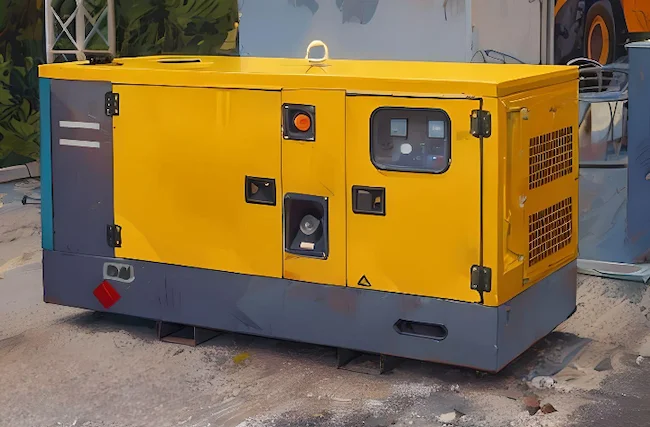When the power goes out, a generator can keep your home running smoothly. But choosing the right size generator is critical. If you're asking, "How many kW generator do I need for my house?" you're in the right place. This guide will walk you through everything you need to know, from calculating your power requirements to selecting the perfect generator size.

Choosing the correct generator size ensures:

To determine how many kW your generator needs, follow these steps:
Identify the appliances and devices you want to power during an outage. Common essentials include:
Look at the labels or manuals of your appliances to find their starting wattage (surge power) and running wattage (continuous power). Starting wattage is higher because some appliances need extra power to start up.
Example:
Add up the running wattage of all the appliances you want to run simultaneously. Then, account for the highest starting wattage among them.
Formula:
Total kW = (Running Wattage of All Appliances + Highest Starting Wattage) ÷ 1,000
Example:
Total kW = (6,000 + 5,000) ÷ 1,000 = 11 kW
Add a 10-20% buffer to your total kW to ensure your generator isn't overloaded.
Example:
The size of the generator you need depends on the size of your home and your power requirements:
Yes, a 10 kW generator can power a medium-sized home, including essentials like the refrigerator, lights, and HVAC system.
A 10-15 kW generator is typically sufficient for a 2,000 sq ft home.
Standby generators range from $2,000 to $10,000, depending on size and features.
Yes, but you'll need a portable generator with at least 5,000-7,000 watts to handle the starting wattage of an AC unit.
Choosing the right generator size for your home doesn't have to be complicated. By calculating your power needs and understanding the difference between running and starting wattage, you can confidently answer the question, "How many kW generator do I need for my house?" Whether you opt for a portable or standby generator, the key is to ensure it can handle your essential appliances during an outage. Similarly, when tackling home improvement projects like hiring a drywall contractor, careful planning and understanding your specific needs are essential to achieving a seamless and professional finish. Both scenarios emphasize the importance of preparation and expertise in delivering reliable and efficient results.